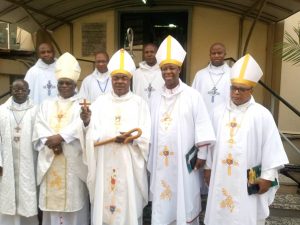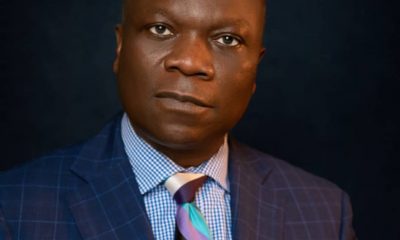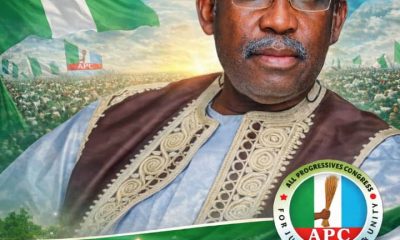society
If Christ had not risen our faith would not have be strong – his eminence Oliver Aba By Ifeoma Ikem
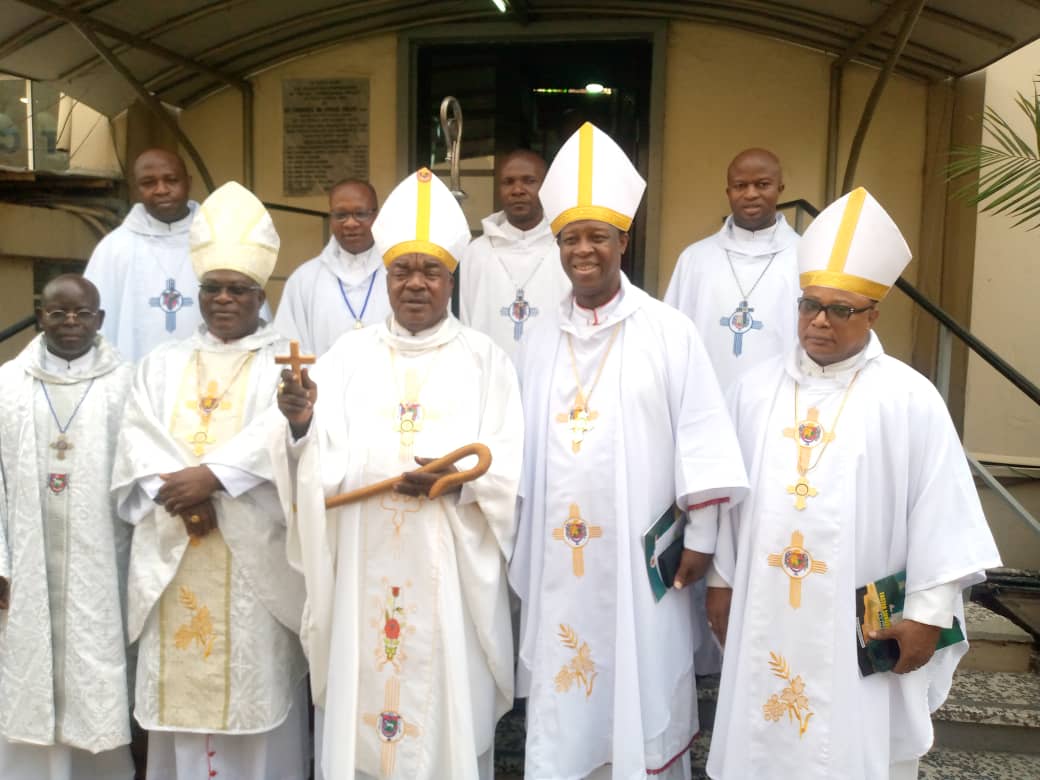
If Christ had not risen our faith would not have be strong – his eminence Oliver Aba
By Ifeoma Ikem
The Prelate Methodist Church Nigerian,his eminence Oliver Aba says that for being alive is act of God grace upon individual life especially christians all over the world.
Oliver urged Christian while celebrating the resurrection of the Lord Jesus Christ to join hand to work together for a better days ahead and also trust God because Nigeria is blessed with natural resources.
In his Easter message at Methodist Church, Tinubu Lagos, celebrating Christ have to do with commemoration of the resurrection of our Lord Jesus, which means if Christ had not risen our faith would not have be strong.
“So for the fact we are celebrating his resurrection that mark we are serving a living God.
Christianity is one of the religion which has recorded the death of Christ, who paid the price to set his children free from sins,he added.
According to him,I will encouraged believers as long as Jesus lives, our tomorrow will be brighter every child of God have to rejoice.
Oliver said no power can withstand the power of almighty God ever in death I want all Christina’s to believed because when Jesus is at work every other power surrender.
“When you believes in power of resurrection, claimed it no power will stand on your way.
Be focused keep your faith alive,do not be troubled especially with the current situation and other challenges it’s all over,he said.
society
Only Fools Assume They Can Fight the State Like El-Rufai Did
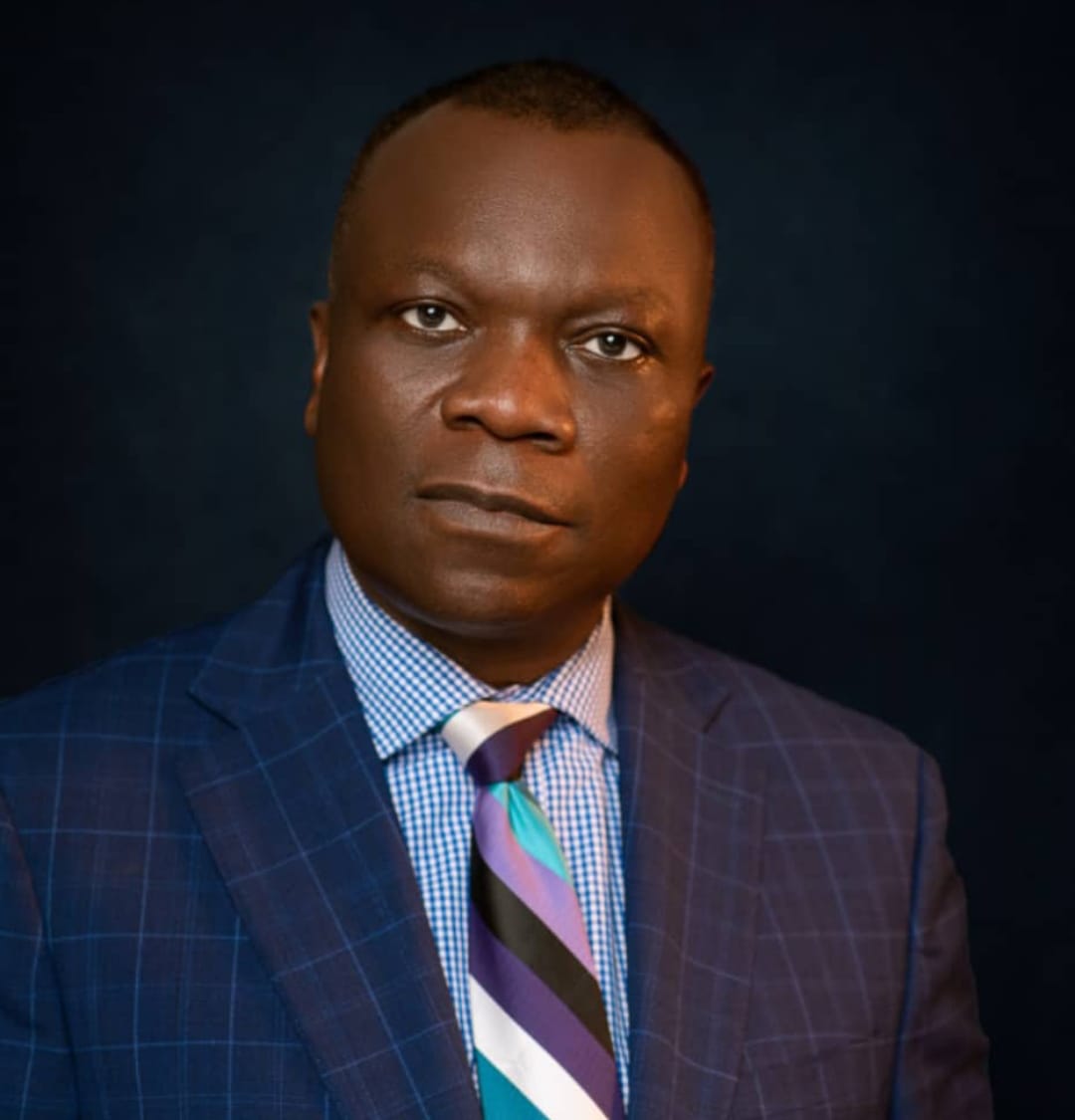
Only Fools Assume They Can Fight the State Like El-Rufai Did — Ope Banwo
Public affairs commentator Ope Banwo has described as “strategic folly” the assumption that a former political office holder can openly confront the Nigerian state without consequences.
Banwo made the remarks while analysing the recent detention of former Kaduna State governor Nasir El-Rufai, which he said underscores the imbalance between individual ambition and institutional power.
“Only fools believe they can challenge the state the way El-Rufai did and continue life as usual,” Banwo stated. “The Nigerian state is not a debating club.”
He noted that El-Rufai repeatedly made grave allegations against government institutions on national platforms, including claims of conspiracies and surveillance, without publicly providing evidence. According to Banwo, such statements, whether true or not, inevitably provoke a response from authorities determined to maintain control.
Banwo explained that when a former official challenges state authority, it is often interpreted not as dissent but as defiance. “The state reacts to defiance, not arguments,” he said.
He further argued that El-Rufai appeared to overestimate his political backing, assuming that his past influence would shield him from institutional action. “That assumption collapsed the moment power called his bluff,” Banwo added.
According to him, the involvement of agencies such as the Economic and Financial Crimes Commission and the Department of State Services illustrates how swiftly the machinery of state can move once a decision is made.
Banwo also highlighted the public’s muted reaction as a crucial lesson. “There were no mass protests. That silence shows the difference between perceived influence and real leverage,” he said.
He stressed that political power in Nigeria is sustained by active control of institutions, not by reputation. “Once you lose the levers, your bravado becomes a liability,” Banwo noted.
He concluded that El-Rufai’s experience should caution other former power brokers against mistaking visibility for authority. “Fighting the state without power is not courage; it is miscalculation,” he said.
society
GENERAL BULAMA BIU APPLAUDS SUCCESSFUL APC CONGRESSES, URGES NEW EXECUTIVES TO FOCUS ON GOOD GOVERNANCE
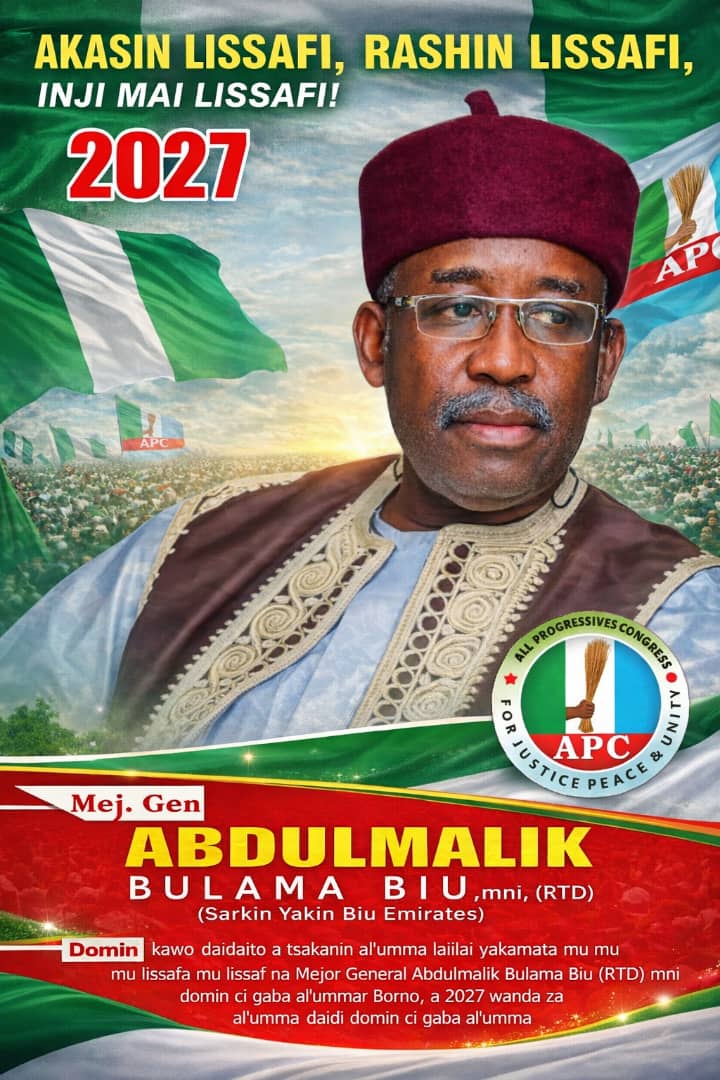
GENERAL BULAMA BIU APPLAUDS SUCCESSFUL APC CONGRESSES, URGES NEW EXECUTIVES TO FOCUS ON GOOD GOVERNANCE
Major General Abdulmalik Bulama Biu (Rtd), mni, Sarkin Yakin Biu, has extended his heartfelt congratulations to the newly elected Ward and Local Government Executives of the All Progressives Congress (APC) following the successful conduct of the party congresses across Borno State.
In a statement he personally issued to mark this significant milestone, General Biu commended the peaceful and well-organized nature of the congresses, highlighting them as a testament to the unity, maturity, and democratic spirit that characterize the APC. He praised the leadership, stakeholders, and dedicated members of the party for their commitment and discipline, which contributed to the smooth and credible outcome of the elections.
Addressing the newly elected executives, Biu emphasized that their victory is not just an honor, but a mandate for greater service, responsibility, and sacrifice. “Our party faithful look up to you to help shape leadership choices that are credible, experienced, and deeply committed to delivering the dividends of democracy to our people,” he stated, urging them to work sincerely and fairly to strengthen the party at the grassroots level.
He called upon the new leaders to promote unity among members and support good governance to ensure the continued progress of Borno State and the nation as a whole.
In closing, Major General Biu assured the new executives of his unwavering support and extended his best wishes for their tenure, wishing everyone a prosperous and blessed Ramadan.
society
UNCOMMON RECOGNITION: Ogun Governor Dapo Abiodun Gifts Car, House to Nigeria’s Best Teacher

UNCOMMON RECOGNITION: Ogun Governor Dapo Abiodun Gifts Car, House to Nigeria’s Best Teacher
By George Omagbemi Sylvester
“State and federal authorities jointly honour Solanke Francis Taiwo in Abeokuta, underscoring the strategic role of teacher motivation and education reform in Nigeria’s human capital development agenda.”
In a move that has sharply refocused national attention on education excellence, Dapo Abiodun has formally rewarded Mr. Solanke Francis Taiwo, a primary school teacher from Ansa-Ur-Deen Main School I, Kemta Lawa, Abeokuta, with a brand-new car and a two-bedroom house following his emergence as Nigeria’s Overall Best Primary School Teacher for the 2025/2026 academic session. The presentation occurred at the Governor’s Office in Oke-Mosan, Abeokuta on 20 February 2026, witnessed by the Commissioner for Education, Science and Technology and senior ministry officials.
Mr. Solanke’s achievement was first nationally recognised earlier this year at the National Teachers’ Summit in Abuja, where he received a ₦50 million cash award for his outstanding dedication and measurable impact in the classroom.
Governor Abiodun clarified that while the bungalow is being provided under the Ogun State Housing Scheme, the car gift was donated by the Federal Government as part of its broader national recognition of exceptional educators. The governor used the occasion not just to celebrate Solanke’s personal excellence, but to showcase what he described as the tangible outcomes of focused policy and sustained investment in education.
Speaking on the reforms driving this achievement, Prof. Abayomi Arigbagbu, the state’s Education Commissioner, tied the success to the Ogun State Education Revitalisation Agenda; a multi-pillar programme that prioritises curriculum enhancement, improved school management, teacher welfare, infrastructure upgrades, digital learning and professional development. “When you implement policies consistently and efficiently, you will continue to record results,” Arigbagbu said, pointing to back-to-back national accolades for Ogun teachers as evidence of meaningful sector transformation.
Experts in education policy have long emphasised the strategic importance of recognition and reward in strengthening teacher motivation and retention. As educational researcher Dr. Linda Darling-Hammond noted, “Sustained improvements in learning outcomes require environments where teachers are both valued and empowered.” While Nigeria grapples with challenges in schooling quality and teacher support, recognitions of this nature symbolise a positive paradigm shift when carefully institutionalised.
Critically, this development also underscores the often-neglected intersection between governance and human capital development; where targeted incentives can elevate the profession’s status and potentially improve learner outcomes. State authorities in Ogun have argued that such incentives are part of a broader ecosystem approach to education reform.
Mr. Solanke, in his remarks, urged fellow educators to view his recognition as a call to persist in uplifting teaching standards. “I promise to continue giving my best to make Ogun State proud,” he said, reflecting a deep professional commitment that goes beyond personal accolades.
In a climate where education systems across Africa seek scalable models of reform, the province’s spotlight on teacher excellence resonates beyond Ogun’s borders, offering a compelling case study of policy, performance and public affirmation converging for societal benefit.
-

 celebrity radar - gossips6 months ago
celebrity radar - gossips6 months agoWhy Babangida’s Hilltop Home Became Nigeria’s Political “Mecca”
-

 society6 months ago
society6 months agoPower is a Loan, Not a Possession: The Sacred Duty of Planting People
-

 society5 months ago
society5 months agoReligion: Africa’s Oldest Weapon of Enslavement and the Forgotten Truth
-

 news6 months ago
news6 months agoTHE APPOINTMENT OF WASIU AYINDE BY THE FEDERAL GOVERNMENT AS AN AMBASSADOR SOUNDS EMBARRASSING

